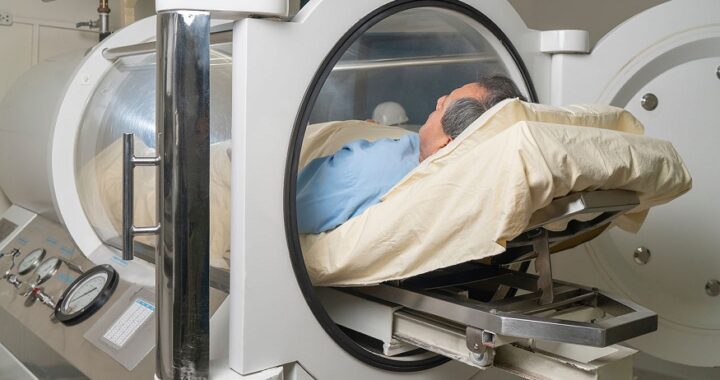How Healthcare Employers Can Support Working Mothers

When viewed broadly, nobody would say that the current healthcare jobs market is particularly good for healthcare in the U.S. Health Jobs, an online healthcare job board offering everything from registered nurse jobs to physician assistant jobs, say that the designation “jobseekers market” is certainly an appropriate one. The market for top talent has been shrinking and continues to shrink, which means that healthcare institutions are fighting over the top talent.
When viewed from the perspective of applicants, this situation does seem to put them in a particularly strong position, allowing them to accept and reject the offers made to them more freely. It also allows them to make more forceful demands that healthcare jobs meet their personal and professional needs. A common enough demand is that healthcare employers accommodate working mothers (healthcare professionals also carry out the vital role of raising and looking after their own children). If you are a working mother, the market has never been more friendly to your needs.
Working Mothers in the Labor Force
Women make up almost half of the U.S. labor force – across all professions – today. Naturally, these numbers have meant that working mothers are well represented pretty much wherever women are working. Few people need telling that being a working mother can be challenging. Recent Pew Center statistics shows that the average working mother devotes an extra 14 hours per week, beyond job responsibilities, to personal and family duties.
This is a challenge which can be made either easier or more difficult, depending on the actions of employers. Moreover, when it comes to healthcare, the shrinking talent market means that healthcare recruits who have family duties are in a strong position to demand that they are accommodated before they even get started on the job. Nevertheless, what form does this accommodation take?
How to Support Working Mothers
So, in healthcare just as any other profession, working mothers are well-represented. But how can a healthcare institution support them? Here follows some of the main ways it can be done – and is being done. If you’re an employer, this is what you should offer. If you are a candidate for a healthcare position, this is what you should insist upon.
Accommodate New Mothers
This doesn’t just mean maternity leave – although that is certainly part of it – but also accommodating new mothers who are just back at work. Everyone knows that working in healthcare can involve long and irregular shifts. By limiting the irregular shifts offered to new mothers back at work and by allowing for things like breast feeding on the job, new mothers are much less likely to miss work.
Offer Stress Management
Adding the duties of motherhood on top of what is already one of the most demanding and stressful jobs in our society makes for quite a challenge for working mothers. Healthcare institutions today are no stranger to services offered for managing stress and burnout. Optimizing these and offering even more comprehensive stress management services is one way an employer can attract recruits who are also mothers.
Provide Financial Assistance
The financial (as well as the time) burden on working mothers is significant and those healthcare employers that offer some sort of assistance here are the ones who will attract the best recruits. Things like student loan debt management can be offered, and there are many outside resources available, meaning that offering these doesn’t even need to hit the coffers of a healthcare employer.
Mothers make up a sizable portion of the modern workforce, so neglecting their needs is a sure way for a healthcare institution to fall behind in the already challenging talent market of today.

 The Aesthetic and Functional Benefits of Compression Gear
The Aesthetic and Functional Benefits of Compression Gear  Why Is Thermage FLX So Expensive in Singapore
Why Is Thermage FLX So Expensive in Singapore  Why is remedial massage more expensive?
Why is remedial massage more expensive?  POST-SURGERY REHAB IN MERIDIAN: THE ROLE OF PHYSICAL THERAPY IN RECOVERY
POST-SURGERY REHAB IN MERIDIAN: THE ROLE OF PHYSICAL THERAPY IN RECOVERY  The Power Of Holistic Wellness: A Pathway To Mind-Body Harmony For Women
The Power Of Holistic Wellness: A Pathway To Mind-Body Harmony For Women  Why Locals Choose The Revolution Dispensary For Their Health Needs?
Why Locals Choose The Revolution Dispensary For Their Health Needs?  Hyperbaric Oxygen Therapy in Reproductive Medicine
Hyperbaric Oxygen Therapy in Reproductive Medicine  Types Of Physical Activities You Can Undertake From Today
Types Of Physical Activities You Can Undertake From Today